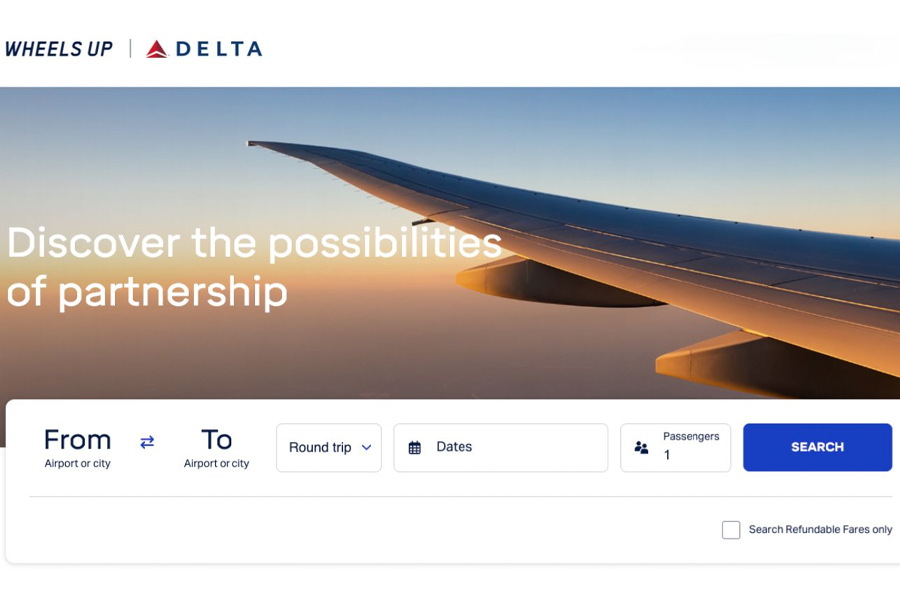Business travel professionals are now more optimistic than they were earlier this year, according to the 37th Business Travel Industry Outlook from GBTA. In fact, according to the survey, 43% of those responding are more optimistic now, up 15 points against prior months in 2025.
However, according to the survey, concerns remain around anticipated decreases in business trip volume, spending and revenue. And challenges persist — from traveler accessibility gaps to the impact of government actions — and continue to redefine the landscape.
The online poll was conducted from Oct. 2 to 15, 2025, and drew responses from 591 GBTA members and non-members — including corporate travel managers, suppliers and intermediaries — across North America, Europe, Asia Pacific, Latin America, Africa and the Middle East. Respondents represented organizations with global, regional and local responsibilities, and a wide range of business travel spend profiles.
Suzanne Neufang, CEO, said, “This latest poll reflects what has always been the industry’s innate ability to innovate and change — to succeed in the face of challenges.” Business travel, she said, “is showing signs of resilience and adaptation, with optimism rebounding and new patterns emerging.”
The poll results, said Neufang, “also underscore the need for thoughtful strategies to navigate external pressures and internal policy shifts.”
Key findings from the poll include:
- After months of uncertainty, business travel professionals are regaining confidence heading into the final months of the year. Forty-three percent of respondents say they are optimistic about the industry’s outlook for the rest of 2025 — a significant jump from 28% in June. Canadian respondents in particular were more upbeat, with more than half (54%) expressing optimism, versus 23% in June.
- External factors continue to impact business travel. One-third of global buyers (35%) expect their company’s 2025 travel volume will decline due to US government actions, with an average expected decrease of 19%, mirroring similar levels reported in GBTA’s June poll. Also in line with June results, 30% of global buyers expect their travel spending to decrease in 2025, by an average of 19%.
* Business travel patterns are shifting toward longer, multi-stop trips. The way companies and their employees travel for work continues to evolve. Nearly 2 in 5 travel buyers (39%) report a rise in “linked” or multi-meeting/multi-destination trips. One-third (33%) have seen longer trip durations, and another third (32%) say day trips have decreased in the past year. - Premium economy bookings are on the rise, especially in Europe/Middle East/Africa, where 45% of travel managers noted an increase.
- Corporate travel programs are split when it comes to employees and short-term rentals: 57% of policies prohibit use of platforms like Airbnb and VRBO, while only 8% always allow them.
* Whether for convenience or comfort, some employees are deciding to cover what their travel policies don’t. Two in 5 travel managers (43%) say their employees at least occasionally pay out of pocket for travel upgrades, most often for flight cabin upgrades (78%) followed by airport lounge access (30%) and extra hotel nights (29%). - Combining business and leisure travel continues to evolve. Forty-three percent of travel programs now have defined policies for blended or “bleisure” travel, with 71% of buyers citing benefits of improved employee satisfaction and 68% noting better work-life balance. However, concerns remain for travel managers around duty of care (59%), expense tracking (55%) and insurance coverage (46%).
- Despite growing awareness, only 18% of travel managers say their company extensively accommodates travelers with accessibility needs, compared with 35% of suppliers. Air travel seating (46%) is the accessible travel option most frequently requested by employees.
- The industry is embracing agentic AI, with nearly half of suppliers and TMC professionals (49%) and one-third of buyers (33%) reporting their companies are already experimenting with autonomous AI. Top applications for both travel buyers and suppliers and TMCs are customer service, traveler personalization and automated itinerary planning. Additionally, around half of buyer respondents (51%) are planning to use agentic AI for expense reconciliation.
* Data privacy and security along with integration with existing systems are top concerns for buyers, suppliers and TMCs.












